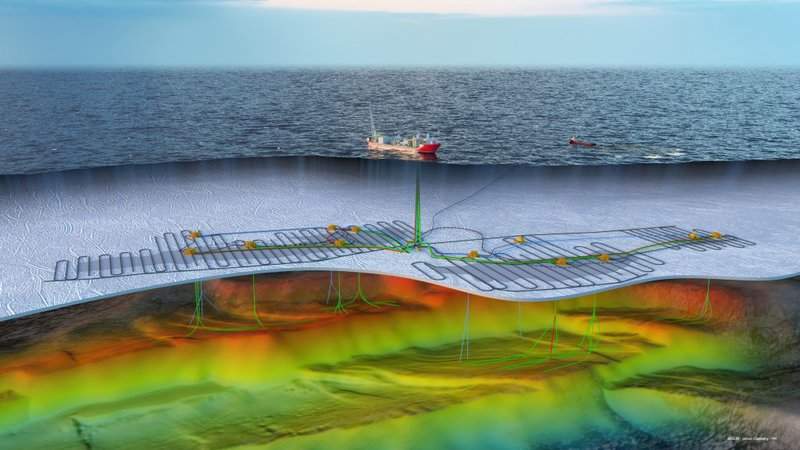
The topside construction of Equinor’s Johan Castberg floating production, storage and offloading unit (FPSO) has commenced at Kværner’s yard at Stord, Norway.
The first steel-cutting ceremony was attended by Norway Petroleum and Energy Minister Kjell-Børge Freiberg.
Kværner received a contract from Equinor in February to deliver the topside modules for the FPSO vessel and integrate them with the hull.
Equinor technology, projects and drilling executive vice-president Anders Opedal said: “Johan Castberg is the next major development on the Norwegian continental shelf and will open a new area in the Barents Sea for Equinor.
“Johan Castberg’s development will have ripple effects equivalent to 47,000 man-years in Norway during the development phase. The value of Norwegian goods and services will amount to around Nkr25bn ($2.92bn).”
During the construction phase, the contract is expected to create 4,800 jobs.
How well do you really know your competitors?
Access the most comprehensive Company Profiles on the market, powered by GlobalData. Save hours of research. Gain competitive edge.

Thank you!
Your download email will arrive shortly
Not ready to buy yet? Download a free sample
We are confident about the unique quality of our Company Profiles. However, we want you to make the most beneficial decision for your business, so we offer a free sample that you can download by submitting the below form
By GlobalDataBesides Stord, construction of the topside components will take place in Verdal, Egersund and Sandnessjøen over the next few years.
Upon completion, the topside will be installed on the 200m-long FPSO vessel.
The platform will be engaged in production on the Johan-Castberg field for 30 years. Production start-up is expected to take place in 2022.
Meanwhile, construction of the hull and the turret are respectively underway in Singapore and Dubai.
Equinor expects these components to arrive at the Stord yard in 2020 for assembly and completion.
The Johan Castberg field is 50% owned by Equinor, while Eni (30%) and Petoro 20% own the remaining 50%.
The development cost of the field is estimated to be around Nkr49bn ($5.73bn).
The field development plan comprises an FPSO vessel and subsea development, including a total of 30 wells, ten subsea templates and two satellite structures.



